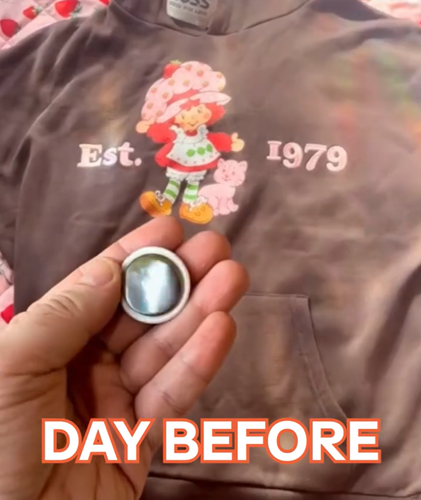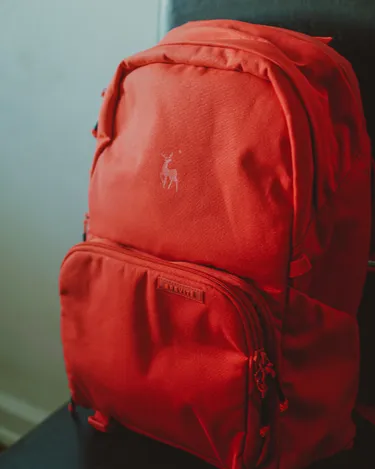
I’m 39, divorced, and co-parent my eight-year-old daughter, Lily. She spends weekends with my ex-husband, Jason, his new wife Dana, and her daughter, Ava. At first, everything seemed normal—but over time, Lily began returning home quieter, sadder, and with her favorite items missing: her doll, iPad, locket, and a small purse.

Whenever I asked, Lily said she had “lost” them while at her dad’s. Jason blamed her for being forgetful, insisting she needed to learn responsibility. Dana suggested maybe Lily had too many things to keep track of. Something didn’t feel right.
Determined to uncover the truth, I secretly placed a small AirTag and a voice-activated recorder inside Lily’s jacket before her next visit. When the jacket came back missing, the AirTag showed it was inside Jason and Dana’s walk-in closet. Listening to the audio made my heart sink.
For months, Lily had changed. The bubbly, bright girl I knew had become quiet, hesitant, and withdrawn. She no longer shared stories about school or her drawings, and she seemed weighed down by guilt for things she hadn’t done.

It started subtly: her beloved American Girl doll disappeared. Weeks later, her iPad vanished. Then, a gold heart necklace passed down from my mother went missing. Jason dismissed each incident as Lily being careless. Dana reinforced the narrative, suggesting maybe Lily simply had too many possessions. The final straw was Lily’s birthday purse—a limited-edition bag she cherished. When it disappeared, Lily quietly said Ava liked it, but she didn’t elaborate further.
I couldn’t let this continue. That night, I placed the AirTag and recorder inside Lily’s hoodie. The next day, the tracker showed the hoodie in Jason and Dana’s master closet. The recording captured Dana and Ava discussing taking Lily’s items, with Dana saying Ava would enjoy them more and that Lily had too many things anyway.
I contacted my lawyer and shared the evidence. We also involved Lily’s school counselor to address the emotional impact this could have on her. Using the AirTag, I retrieved all of Lily’s belongings from a box in Dana’s closet labeled “DON’T OPEN – Christmas gifts.” The proof was irrefutable.
We held a meeting with Jason, Dana, Lily, the counselor, and my lawyer. Dana denied wrongdoing, but the photos and recordings proved otherwise. Jason, furious at Dana’s behavior, ensured the items were returned. The counselor explained the long-term effects of such emotional manipulation on a child’s trust and self-esteem.
That night, I sat with Lily as she hugged her doll tightly. She expressed relief but also sadness, realizing Ava might have learned dishonesty from her mother. I reassured Lily she would continue seeing her dad, but Dana would no longer be left alone with her. Lily nodded firmly and said, “I don’t trust her anymore.”
Through this ordeal, Lily learned the importance of standing up for herself, setting boundaries, and demanding respect. She also discovered lessons in forgiveness and compassion, proving that even painful experiences can teach invaluable life skills.


